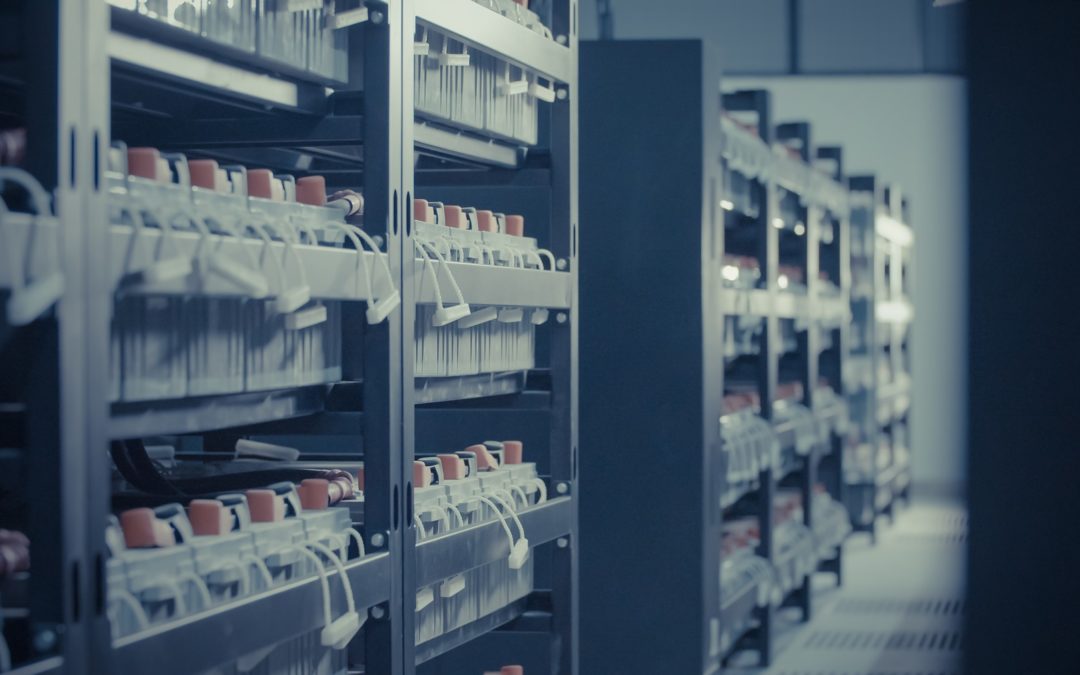GM recently led a $139 million Series D investment round for Singapore-based SES (formerly Solid Energy Systems) to advance its thin lithium metal anode battery. It joins the race to get to 500+ Wh/kg with an ability to charge to 80% in 15 minutes, go for 1000+ cycles, and cost under $80/kWh. GM is the third major automaker to back a battery technology company in order to get a proprietary edge in the convenience and safety of a menu of new EVs. Ford along with Hyundai and others has invested $26 million in Colorado-based Solid Power which uses a lithium-metal anode and a solid-state electrolyte. VW has invested a fresh $100 million into San Jose-based QuantumScape with its lithium-free, ceramic separator-based technology. And of course, Tesla has made a major bet based on its new technology from a Canadian research group. SES captures the competitive landscape in an interesting graphic below.
You can read more on the SES announcement here.
Personal Note: Fifteen years ago, at all the energy storage conferences, the consensus was that batteries were never going to do better than 180 Wh/kg. It was almost a given. That spurred a great deal of interest in fuel cells as an alternate and higher energy-dense way to create a rechargeable power pack. How things have changed.

ABOUT THE AUTHOR
Gary Simon is the Chair of CleanStarts Board. A seasoned energy executive and entrepreneur with 45 years of experience in business, government, and non-profits.
CleanStart Sponsors
Weintraub | Tobin, BlueTech Valley, Revrnt,
Moss Adams, PowerSoft.biz, Greenberg Traurig, Momentum,
College of Engineering & Computer Science at Sacramento State


